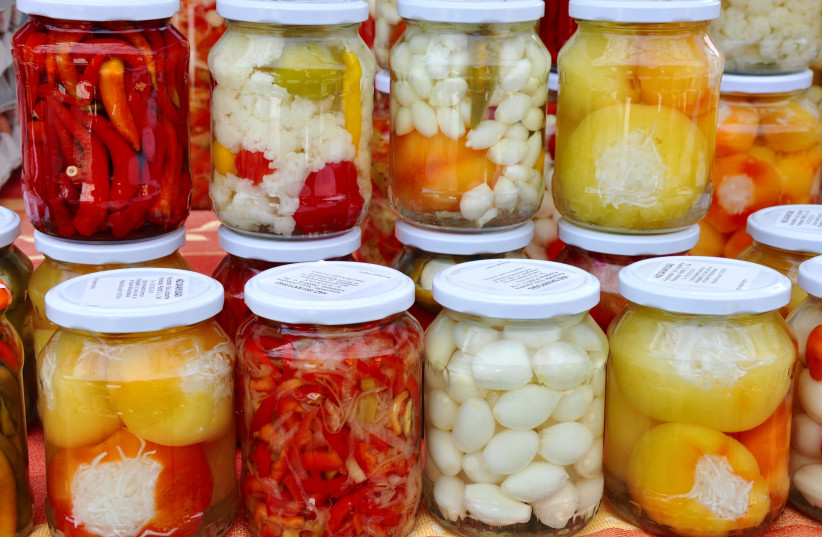The Health Ministry’s long-awaited Food Reform program – designed to reduce regulation and facilitate imports while protecting public health – will go into effect on Sunday
Dr. Sharon Elroy- Preis, head of the ministry’s Public Health Division, and Pnina Oren, head of the National Food Service, maintained that implementation of the program was a “revolutionary step based on the adoption of a uniform and advanced European regulation to remove barriers to the import of sensitive food to Israel.”
The move, they added, “allows an importer who meets the ‘proper importer’ standard to go through a quick release process from the port and increase control and enforcement in the marketing channels.” As of today, there are 97 importers that have already been defined as proper importers and 21 more are in the process,
Adoption of a uniform and advanced regulation on food as carried out in other countries, primarily the European Union, and the “de-officialization” of many food standards whose removal does not harm public health, will reduce red tape and facilitate imports while maintaining public health.
Until the reform, every shipment of a product defined as sensitive was required to obtain an import permit before arriving at the port, and the shipment was inspected at the port. Now, importers who are registered as “proper importers” can pass through the “Green Route” without having to obtain an import permit for each shipment, but only being required to declare the content of the import. If it is food that is produced or marketed in Europe, the shipment will automatically be released from the port, and supervision and control will be carried out in the marketing channels.
Digitized supervision
The supervision system has been digitized to allow monitoring of the route of the imported foods problems can be detected quickly and efficiently, the ministry officials said.
Training tools and the adoption of quality control requirements in food import and production processes were developed for the benefit of transparency and accessibility of control, supervision and risk management processes.
High-risk foods were excluded from the reform include baby food, food intended for hospitals and health institutions, nutritional supplements and well as the import of meat and its products.
A proper importer will have to implement its own food safety plan and register in the register of proper importers. This is a dynamic status that will be checked regularly. An importer that doesn’t meet the requirements of the reform will lose its status and have to return to importing through the normal route that requires port inspections.
The ministry is setting up an extensive administrative enforcement system at its Food Service headquarters and local offices. The supervision of locally produced food will be carried out by a “proper manufacturer” and through the implementation of a self-monitoring safety system similar to the good importer, including the obligation of every food manufacturer to conduct a self-quality control system at the production site,
Elroy-Preis said that “one of the ministry’s roles is to protect public health, and this requires regulation. Our job is to make sure that the regulation is proportionate and to make it easier whenever possible while protecting public health. The easier we make it easier to import food products and reduce excess regulation, it could reduce prices for the consumer and lower the cost of living.”
Oren concluded that “for the first time, we have adopted European regulation, declaring that the importer is responsible for the what it imports, and we at the ministry supervise and maintaining public health.”




